CHEM 740/7400 - Computational Chemistry
Semester: Winter 2024
Professor: M. Nooijen | Discipline: Theoretical | Campus: WaterlooDescription
This course will provide a practical guide to quantum chemical calculations. The course will be held in a lab setting, and through meetings on Teams. Students will be performing calculations in small groups under guidance of the instructor. In addition, the lecture material will cover main topics in computational chemistry. A major component of the course is the computational research project. Each student in the class follows an individual trajectory, based on their interests and their choice of research project. The following topics will be covered, depending on the interest of the student:
– Electronic Structure Theory: Hartree-Fock, Density Functional Theory, MP2, CCSD(T), CASSCF, MRCI, MREOM, semi-empirical methods, basis sets, thermochemistry.
– Geometry optimizations: searching minima and transition states, vibrational frequencies, reaction path following.
– Calculations in solution. ONIOM calculations.
– Calculations of excited states.
– Multireference calculations for ground and excited states.
– Which method / basis set for what problem?
– Case studies: Gaining understanding from quantum chemical calculations.
We will use a small selection of electronic structure packages, with the aim to familiarize the students with different possibilities. Each student will select the topics that will be studied in detail, under the guidance of the instructor. The student will select topics of study, based on interest and the final project. The following programs will be used:
- Gaussian / Gaussview: Mostly used for ground state chemistry problems.
- ACES2: High accuracy quantum chemistry, excited states.
- MOLPRO: High accuracy quantum chemistry: potential energy surfaces.
- ORCA: A fairly new electronic structure packages for larger molecules.
- ORCA & ACES2: Multireference treatment of transition metal complexes.
- GAMESS: High accuracy quantum chemistry.
- Students can also use other Software packages depending on their research project.
Materials
A useful text book is:
Essentials of Computational Chemistry: Theories and models (second edition) by Christopher J. Cramer, Wiley, ISBN 0-470-09182-7
I will make sure some copies are in the library. There is no need to buy this book. I will be posting lecture notes.
Other reference reading material on computational quantum chemistry:
Introduction to Computational Chemistry by Frank Jensen, Wiley, ISBN 0-471 98425 6
Exploring Chemistry with Electronic Strucure Methods, J. B. Foresman and A Frisch, ISBN 0-9636769-3-8
Gaussian User’s Reference, A Frisch, M. J. Frisch and G. W. Trucks, ISBN 0-9727187-0-2
References on Theoretical Background:
Quantum Chemistry by D. McQuarrie, University Science Books, ISBN 978-1-891389-50-4
Quantum Chemistry, fifth edition, Ira N. Levine, Prentice Hall, ISBN 0-13-685512-1
Modern Quantum Chemistry, Introduction to advanced Electronic Structure Theory, A. Szabo and N. S. Ostlund, McGraw-Hill, 1989, Dover edition, ISBN 0-486-69186-1
Evaluation
The course essentially consists of a number of labs. I will broadly check that you worked your way through the excises, and ask you to tell me how much of the lab (~ biweekly) you got done (percentage wise). This will form the basis of the assignment part of the grade (30%). The final project, presentation and written report will have a weight of 70%. There will not be a final exam.
Lab/Project
A major part of the course is a computational research project that will be carried out in small groups of students (1-3), according to their research interests. Each group will present a report and an oral presentation of the project. For this project students will use computational chemistry packages suitable to their needs. Computer resources will be made available to carry out the research. It is important to start your project as early as possible. Computations take time, and if everybody is submitting 20 jobs near the end of class nothing gets done. Computer resources are finite!
Schedule
- Tue: 11:30 am - 12:50 pm in TBA
- Thu: 11:30 am - 12:50 pm in TBA

